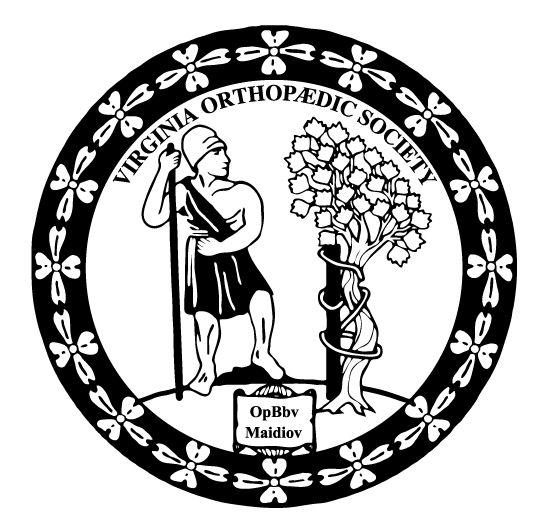Precautions:
1) Narcotics can be habit forming and addiction, tolerance or dependence can occur with longer term use
2) Combining narcotic pain medication with alcohol, sedatives, muscle relaxants, or antidepressants may result in serious side effects or complications.
3) Other medications may also have unrecognized or unpredictable interactions with pain medications.
4) Operating heavy equipment or driving is not permitted when using narcotic pain medications.
Scope of prescribing and timing of prescriptions:
1) Orthopaedic providers may prescribe pain medications for a limited time as part of treatment associated with acute injuries or surgical care/procedures.
2) As narcotics can be habit forming and addiction, tolerance or dependence can occur with longer term use, long term prescription for narcotic medications will not be provided by Orthopaedic providers beyond 90 days of use.
3) Prescriptions for narcotics/controlled substances can only be provided as a WRITTEN prescription. They may not be “called in” to a pharmacy.
4) Long term pain medication needs will require referral to pain management or the patients primary care provider.
5) Orthopaedic providers in the Commonwealth of Virginia participate in Virginia’s Prescription Monitoring Program (PMP) to allow review of physician prescribing patterns and patient narcotic use compliance.
Patient responsibilities:
1) Medications are to be used as prescribed.
2) If medications are not adequate for pain control, adjustments/increases in the amount of medication used should not be done without
discussion with the prescribing provider.
3) Failure to follow a recommended plan of treatment, including delays in advised care or surgical intervention will result in cessation of providing prescriptions for pain medication
4) Obtaining additional pain medication from another provider after prescriptions have been provided by the current orthopaedic provider is not permitted.
5) Obtaining pain medications from multiple providers (unless the “other provider” is a recognized Pain Management specialist or Primary Care provider and the current orthopaedic provider has been informed of ongoing chronic pain management) will result in the refusal to provide any additional pain medication prescriptions and contact with the other prescription provider. It may result in discharge from orthopaedic care.
6) Pain medications should be obtained from a single pharmacy.
Medication/Prescription Refills:
1) Refills of pain medications may be prescribed if appropriate.
2) Medication refills may be requested Monday-Friday during normal office hours. As it may take up to 24 hours for review of refill requests, some refills may not be completed until the next full office day.
3) Medication refills (including late requests) are not available evenings or on weekends or holidays.
4) An “On Call” provider WILL NOT refill prescriptions for pain medications.
5) Medication refills will not be provided because of missed or cancelled appointments.
6) Pain medication refills must be obtained in person by the patient, unless the patient authorizes another party to pick up the medication. This person must be listed in the chart and must bring a valid picture identification.
7) It is preferable to have patients contact a single pharmacy and have the pharmacy leave a refill message with the prescribing Orthopaedic provider Insert phone #s. Patients may leave a refill request at these numbers as well. The following information must be provided for refill messages with refill requests:
Patient Name
Patient Telephone Number
Physician name (for this prescription refill request)
Name of medication
Date of last prescription for this medication
Pharmacy name AND PHONE NUMBER
Any questions or concerns regarding these policies should be discussed in person with the Orthopaedic provider responsible for your current care during office visits.
